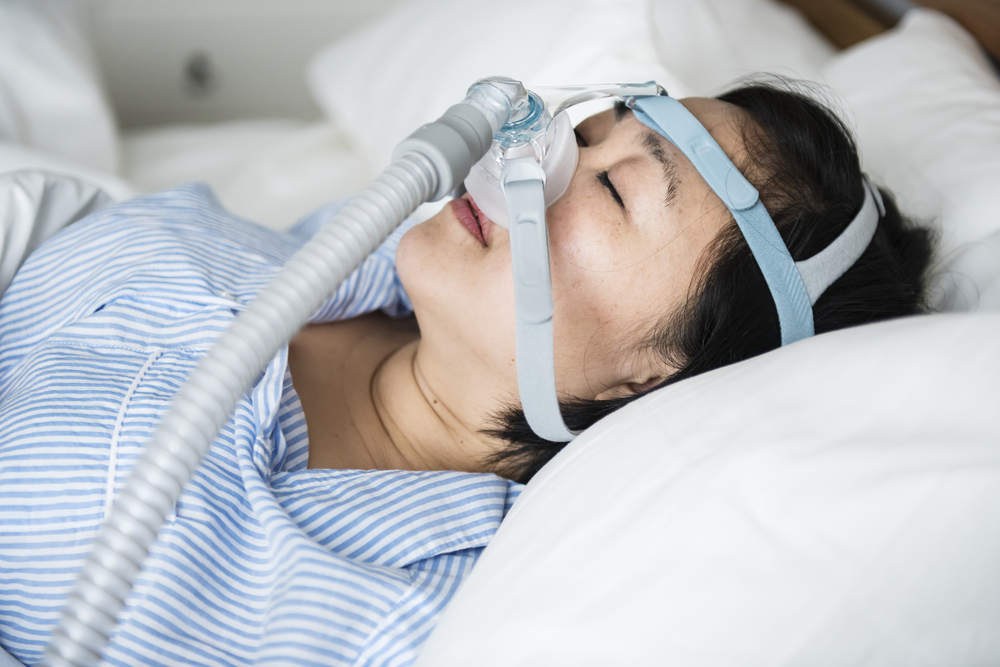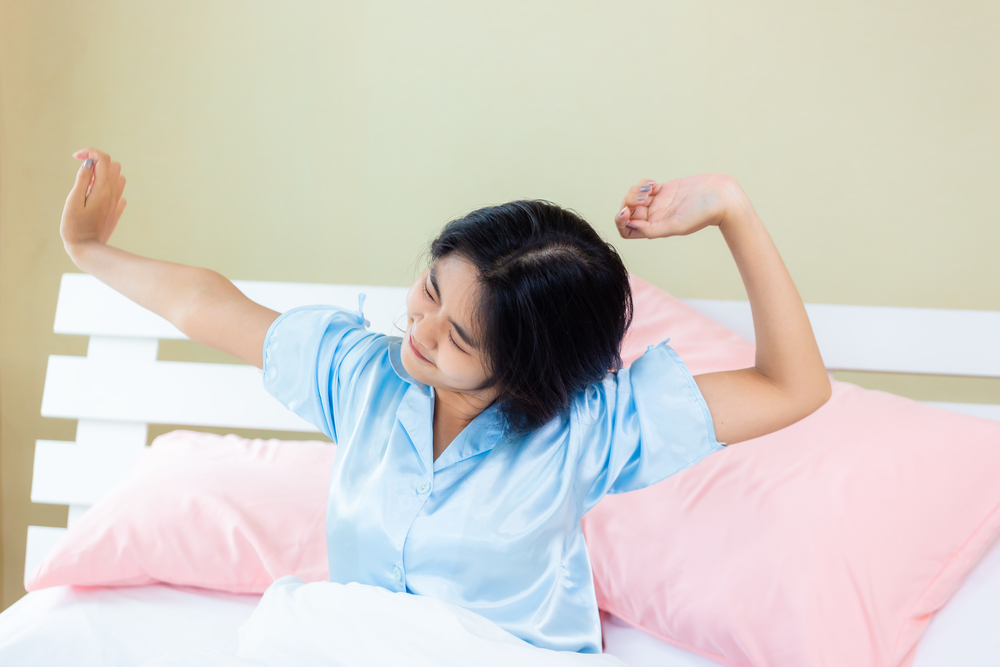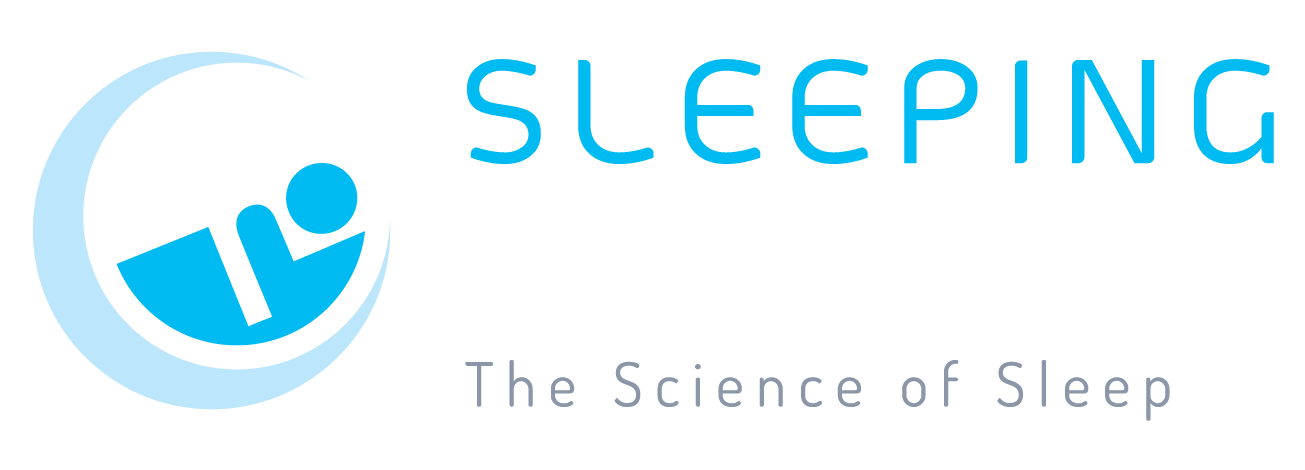
Continuous Positive Airway Pressure (CPAP) therapy is a highly effective treatment for sleep apnea. However, while it’s one of the best medical solutions, it works most effectively when combined with lifestyle changes such as weight management and choosing the correct sleeping position, which can significantly help to alleviate or overcome sleep apnea symptoms and improve your overall sleep quality.
To help you better manage this condition, this blog post will explore various lifestyle modifications, from daily habits to environmental adjustments, that can support your therapy, improve your sleep quality and promote your overall well-being.
What Lifestyle Causes Sleep Apnea?
Some lifestyle factors can significantly contribute to or worsen sleep apnea. Becoming aware of these can be the first step toward managing your condition:
- Obesity/Weight Gain: Excess weight, particularly around the neck, can put pressure on your upper airway. This narrows the air passage, making it more prone to collapse during sleep.
- Alcohol and Sedative Use: These substances can relax the muscles in your throat, which increases the likelihood of your airway collapsing. Consuming them, especially before bed, can make your sleep apnea symptoms more severe.
- Smoking: Smoking can cause inflammation and fluid retention in your upper airway, further constricting the passage. This can lead to more frequent and prolonged breathing pauses during the night.
- Sleeping Position: For many people with sleep apnea, sleeping on their back can be a problem. This position allows gravity to pull the tongue and soft palate backward, obstructing the airway.
- Poor Sleep Hygiene: Having an irregular sleep schedule or sleeping in an unhealthy environment can worsen the quality of your sleep. This can make the effects of sleep apnea, such as daytime fatigue, more pronounced.
What Lifestyle Changes Help Sleep Apnea?
While professional treatment is essential, these lifestyle modifications can significantly support your sleep apnea therapy, helping you manage your symptoms and improve your overall health:
- Weight Management: Even a modest weight loss can significantly reduce the severity of Obstructive Sleep Apnea (OSA). Losing weight, especially around the neck, helps to alleviate pressure on the airway, preventing it from collapsing during sleep.
- Positional Therapy: Your sleeping position can impact sleep apnea. For many, sleeping on your side instead of your back can prevent the tongue and soft palate from obstructing your airway.
- Diet and Hydration: Staying properly hydrated throughout the day is key. It’s also wise to avoid heavy meals, caffeine and alcohol close to bedtime, as these can disrupt sleep and worsen symptoms.
- Exercise and Throat Muscle Strengthening: Regular exercise improves overall health and muscle tone, which can benefit airway stability. Additionally, targeted exercises for your tongue and throat, known as oropharyngeal exercises, can also help strengthen the muscles that keep your airway open.
- Avoiding Certain Substances: Limiting or avoiding sedatives is crucial, as they can cause throat muscles to relax excessively and worsen symptoms. Similarly, smoking is strongly advised against, as it causes inflammation and fluid retention in the airway, which can lead to more frequent breathing pauses.
Optimising Your Sleep Environment
Creating an ideal sleep environment is a powerful, non-invasive way to help manage sleep apnea and promote better sleep. Simple adjustments like these to your room setup can make a big difference:
- Keep the Bedroom Cool, Dark and Quiet: A cool, dark and quiet room is conducive to deep, restorative sleep. This helps your body get the rest it needs, reducing the severity of sleep apnea symptoms.
- Use a Humidifier If Dry Air Is An Issue: Dry air can irritate your nasal passages and throat, potentially worsening sleep apnea symptoms. A humidifier adds moisture to the air, helping to soothe your airways and make breathing more comfortable.
- Ensure a Comfortable Mattress and Pillows: Proper head and neck alignment are crucial for keeping your airway open. Using a comfortable mattress and pillows that support your neck can help reduce obstructions and improve your breathing throughout the night.
A Holistic Path to Restful Nights

Integrating lifestyle changes with prescribed treatments such as therapy via a CPAP machine offers the most comprehensive approach to managing sleep apnea and achieving lasting sleep health. By taking a holistic view, you empower yourself to improve your sleep quality and overall well-being.
At Sleeping Lab, we’re committed to supporting you on this holistic journey. Our sleep clinic in Malaysia is here to help you understand how lifestyle modifications can be integrated into your personalised sleep apnea management plan. To find out more or to get started, explore our website or contact our customer care team today!

